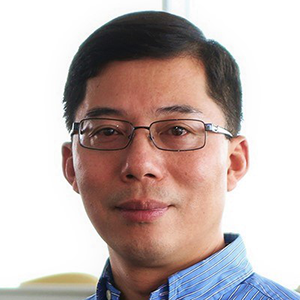
Shaodong Dai PhD
Professor
- Department of Pharmaceutical Sciences
Primary Phone:303-724-6562
Mailing Address:
- CU Anschutz
Pharmacy and Pharmaceutical Sciences Building
12850 East Montview Boulevard
Lab: V20-2450 A/C
Office: V20-2121
Aurora, CO 80045
Areas of Expertise
- Immunology
- Toxicology
Education, Licensure & Certifications
- B.E., Beijing University of Chemical Technology, China (Biochemical Engineering)
- PhD, Uppsala Biomedical Centre, Sweden (Molecular Biology)
- Post-doctoral Fellow, Purdue University (Structural Biology)
- Instructor, Howard Hughes Medical Institute, National Jewish Health (Immunology)
Affiliations
- Member, Graduate Program in Immunology
- Member, Graduate Program in Toxicology
- Member, Graduate Program in Pharmaceutical Sciences
- Member, Graduate Program in Structural Biology and Biochemistry
- Member, Colorado Clinical and Translational Sciences Institute
- Affiliate Member, University of Colorado Cancer Center
- Faculty, Department of Immunology and Microbiology, School of Medicine
- Faculty, Department of Biomedical Research, National Jewish Health